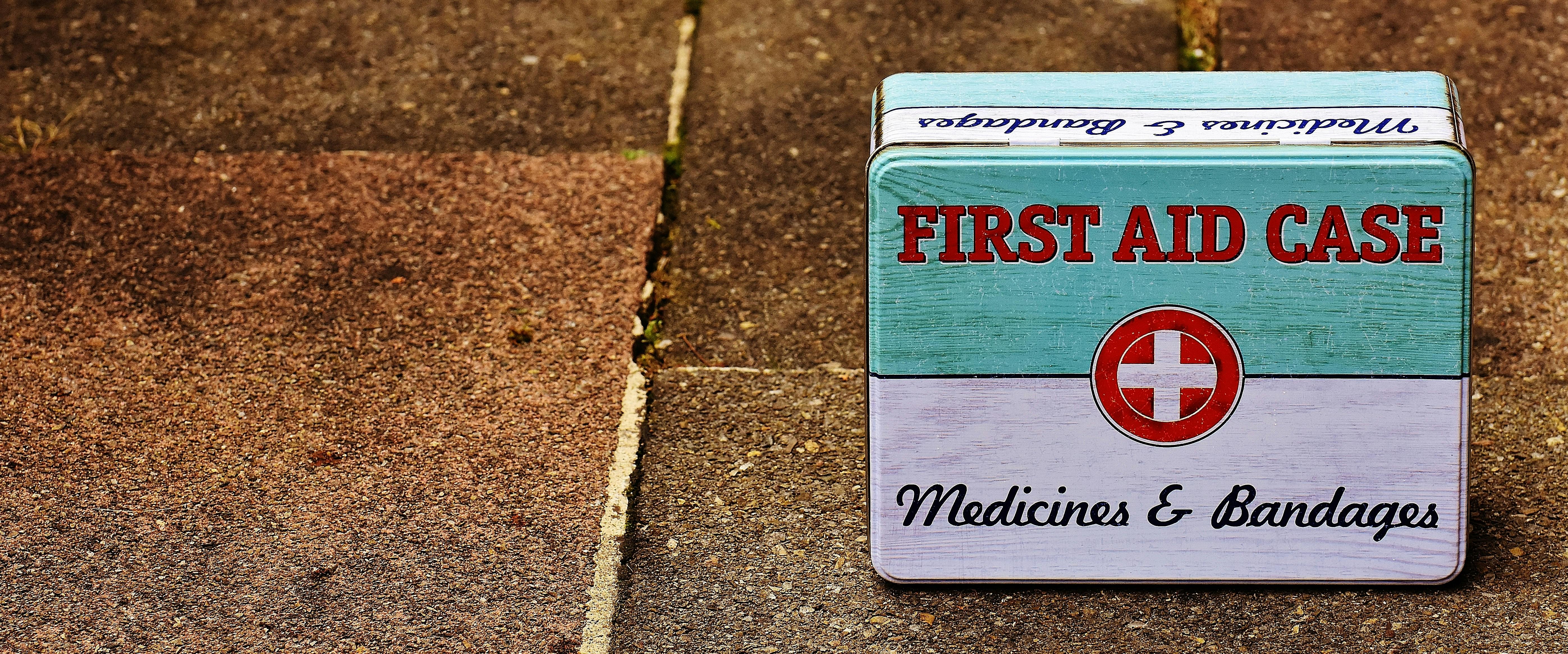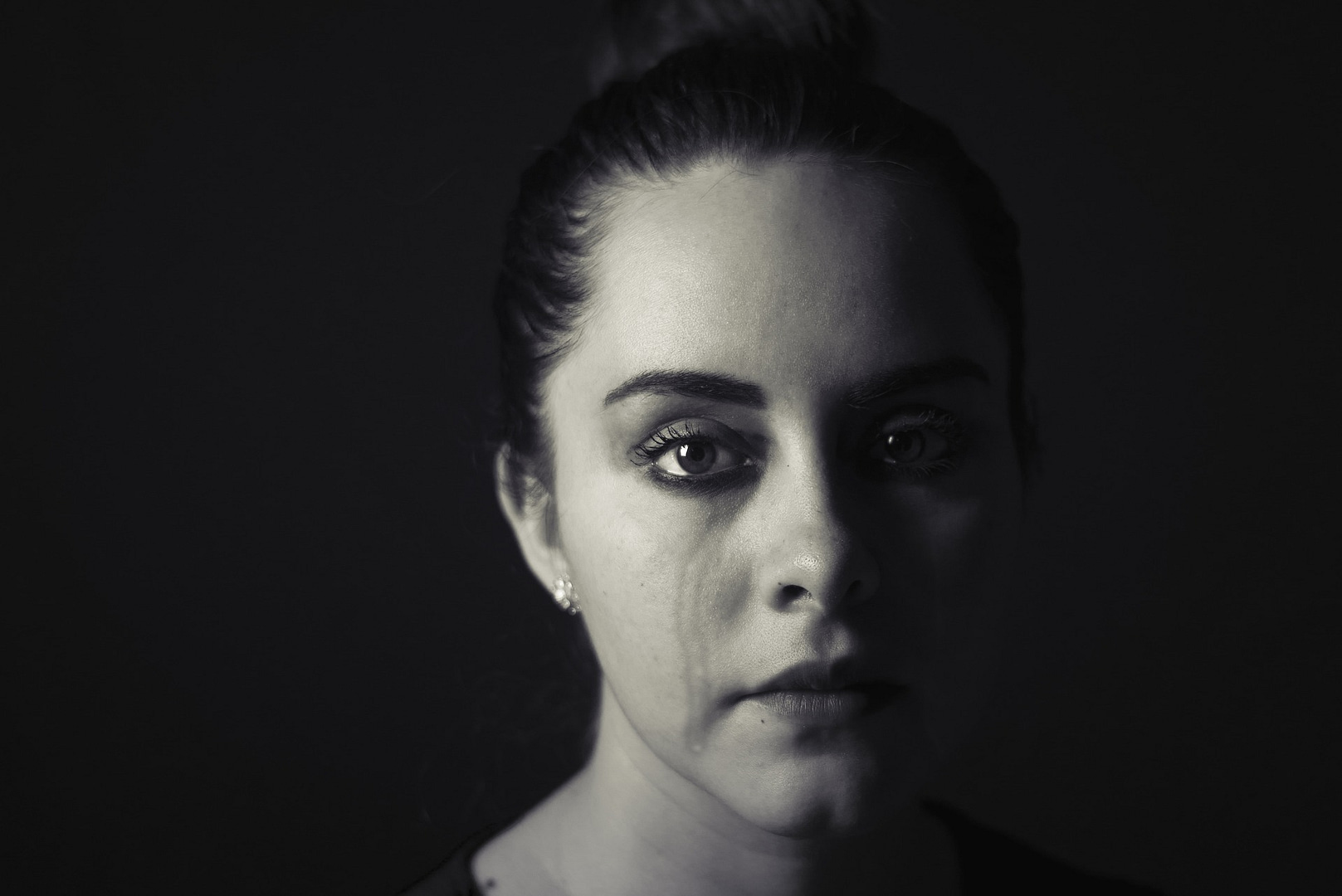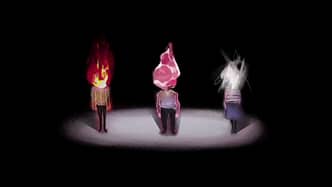featured image by Pixabay
I am clinically diagnosed with depression and anxiety. Now before you begin to process that, let me tell you some common reactions to this statement:
“Get over it.”
“Your problems are irrelevant if you’re not homeless, abused, or living in battlefield.”
“So what if you feel like a mass of loneliness is engulfing your brain into an endless pit of misery, everything turns up in the end!”

Image by Pexels
“Just smile! A smile fixes everything!” But why is it that when I’m forcing a smile to appear, a day never goes by where I don’t think about the thing that almost took my life? Why is it that a day never goes by when I don’t remember the feeling of not being worth anything? And why doesn’t a single day ever go by when I don’t think about the pain that still affects me today? A single smile may create a facade of happiness, but to those who suffer the way I do it is the equivalent to a cry for help.
It goes like this: the typical story of an A plus student with a supportive boyfriend and amazing friends, without a single person who could point her out and say “I hate that girl.” She has a perfect attendance award, takes AP classes, and never, ever fails to be there for a friend who needs her most. What if I tell you that girl is me? And what if I tell you that girl spent eight days in a mental ward with the words of her friends and family asking her “why do you want to die?”
The whispers of mental illness that float around our society have a heavier impact than perceived. My story could not have been written without these parasitic words that sneak into the crevices of our brains, latching on and never letting go of the idea that mental illnesses are stupid. Weak. Attention-seeking.
These whispers need to stop. They need to turn in to words of positivity and acceptance, rather than destructive weapons hurled at those who are suffering the most.
The Numbers
According to an article written by Victoria Bekiempis, nearly 1 in 5 Americans suffers from some form of mental illness each year. According to another article by the American Foundation for Suicide Prevention, a grand total of 44,193 American people die by suicide each year.

Image from Wikipedia/ CC BY-SA 3.0
And yet most friends and family turn away from those who suffer.
According to one man in his personal website about his experiences with mental illness, he explains that many of his friends turned away from him because they viewed his illnesses as “threats” or they “los[t] patience with [him].” Many people take part in this same behavior when words like “depression” or “anxiety” are mentioned. We are seen as what we are diagnosed with rather than the characteristics and quirks that define ourselves.
Because of these generalizations we are a group of people who battle our demons alone, our circle of support turning it’s back on us. But there are few who do use their words for good and seek to support those around them. For example, one poet creates pieces to relate to people suffering from grief, bullying, depression, terminal illnesses, and anxiety. His name is Shane Koyczan, and he performs his poems live in ted-talks and small poetry gatherings.
The Powerful Words of Shane Koyczan
To this Day is a slam poetry piece by Shane Koyczan that beautifully describes the effect names have on our mental health. His poetic words bring light to the idea that what we define people as hugely disturbs the image they have of themselves. Although this piece mainly focuses on the idea of bullying, we are able to further apply his message to the stereotypes and names that are attached to mental illness:
Koyczan’s poetic words paint a picture of pain and suffering caused by the careless hurling of names. He describes tragic stories of three children; himself, the name “Pork Chop” sticking to his identity because of his weight and a misunderstandment of two words, A girl who was deemed ugly because of a birthmark that covered a little over half her face, and a boy.
A boy who was taunted because of his deep mental scars that traced all the way back to the beginning of his life. Adopted and rejected by many, he became a boy who’s personality was only his depression and his thoughts only focused on the words of those around him.
image by Empty Kingdom
“He tried to kill himself in grade ten
When a kid who could still go home to mom and dad
had the audacity to tell him ‘get over it.’
As if depression is something that can be remedied
By any of the contents found in a first aid kit.”
When you get a bruise, putting a bandaid does nothing to aid in the recovery of that area of your body. A bruise goes through multiple stages until it is fully healed, the appearance of it changing with each stage. We can take the idea of having a bruise and bring it into explaining what a mental illness is. According to an article published by the American Psychiatric Association a mental illness is “[a] health condition involving changes in thinking emotion or behavior.” Like a bruise, mental illnesses are a prolonged discoloration of a single area of our body, altering the way we feel pain and how we are able to function. Telling someone to “get over it” when they are waging an internal battle that no one can even fathom how many casualties have been stacked up on top of each other is like telling someone to put a bandaid over their bruise.

Image by Pexels
A bandaid does not fix bullet wounds shot from words.
A bandaid does not fix loneliness.
“And despite an army of friends
Who all call him an inspiration,[dropcap][/dropcap]
He remains a conversation piece between people
Who can’t understand,
Sometimes being drug free
Has less to do with addiction
And more to do with sanity.”Those of us who make the decision to get support and help from friends and family often find that unwanted ears listen in the “gossip.” Then these ears turn to mouths which turn to words and then to weapons. It’s a cycle that I myself am acquainted with. It’s a cycle that keeps piling on to a mountain that looms over every struggling adult and unstable teen. It’s a mountain that we are forced to climb out of the sheer hope that one day we might be accepted. That those people will look at us normal again, that we are not the star of the freak show or the center of the pity party.
We climb that mountain of rejection and humiliation in hopes that one day we might feel wanted. Normal. Okay.
Koyczan does more than put these ideas into words, he shouts them from the top of this mountain; his voice carrying to the far reaches of every dark corner that exists in a person’s mind. He brings these ideas to life, and masterfully displays them in a show that combines the beauty and the ugly that exists in our world.
The Final Problem
“You built a cast around your broken heart and you signed it yourself, you signed it ‘they were wrong.'”
– Shane KoyczanMaybe you signed it with the words of this article supporting your arm, scribbling sentences telling you that the things people say to you do not define you. You will never be defined by your mental illness.

Image by Neal
And to those of you that struggle with seeing the way our kind-of-messed-up brains work, stop trying to understand. Accept that your friend has scars all over her body, or that he can’t enter a room without feeling that constant dull thrum of panic.
Peel back the bandage, uncover the bruise, and feel the freedom that comes when you are truly yourself. It only lasts so long.
featured image by Pixabay






Adam
I liked your post and am glad you’re talking about this issue that affects millions across the world. Kudos to you. However, I won’t deny we do have a problem with doctors overprescribing medications for patients. I think that could be a part of the problem.
Lexi
First, let me say thank you. This is an amazingly beautiful blog. I applaud you for being the strong, beautiful person that you are. Please continue writing for you are an amazing writer that many people with mental illnesses can relate to. Please keep helping people with your writing, and never give up because this world needs a lot more people like you. Love you for this. Thanks again.
Student
This was extremely well written. The organization and visuals on your blog were phenomenal!
Amber
Beautiful blog. Thank you.
A friend
I really enjoyed your blog. I struggle with mental illness and I’m happy that you put something out there to educate people who don’t understand.